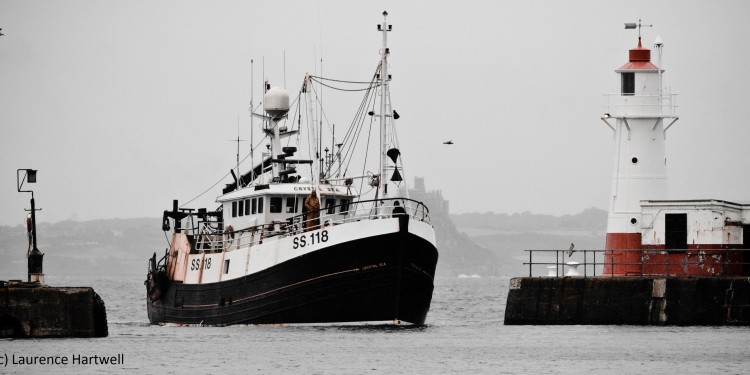How Can Industry Innovation meet the Challenges of the CFP Landing Obligation?
The landing obligation is one of the biggest challenges to come out of the CFP reform. David Stevens, a fisherman working off the southwest coast of England is the skipper of the family-owned vessel, the Crystal Sea. He has been working in partnership with the UK’s management and scientific bodies to undertake a Catch Quota Trial (CQT) in an effort to demonstrate that fisher-led innovation can provide new ways to tackle the challenges of the demersal landing obligation. Facilitated and incentivised through a small uplift in quota, the trial was based on a foundation of collaborative working between partners, and has resulted in proven new methods for reducing discarding of quota species.
His was showcased at this event through the screening of the film “Gearing up for Change”, in which Mr Stevens explains his work and provides a balanced and in-depth perspective on approaches to successfully implementing the landing obligation.
The screening was followed by a roundtable discussion involving European policy-makers and stakeholders considering how the results of the CQT can serve as a useful message on the value of innovation, collaboration and incentivisation for EU fishermen and policy makers, and how innovative gear technology, coupled with smart quota management can play a complementary role in new approaches to reducing discards.



